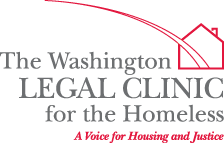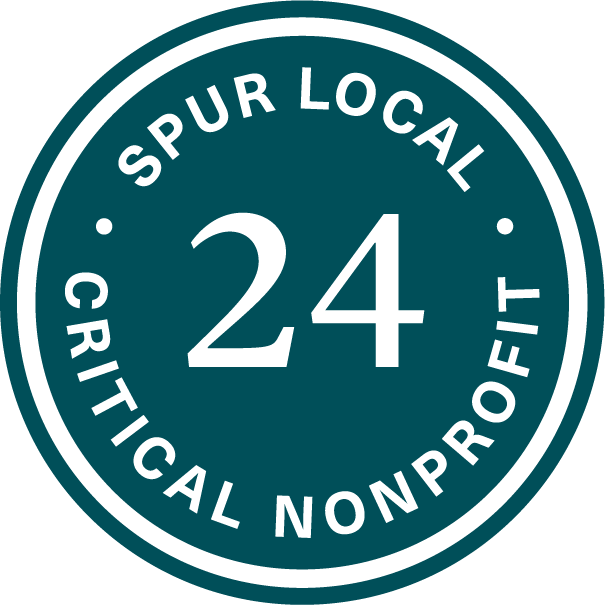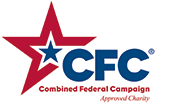by Robert Medine
I have always been drawn to advocate on behalf of those who find themselves in situations where often the only thing left to hold onto is hope. My summer fellowship at the Washington Legal Clinic for the Homeless, thanks to Crowell Moring, LLP, has given me the opportunity to do this work and has become a valuable part of what I hope will be a long journey of using my law degree to help those most in need.
My fellowship began on the eve of the D.C. City Council’s vote on the budget proposed by Mayor Gray. Although I was new to the fray, I could sense the concern of my co-workers that struggling families would literally have food taken out of their mouths because of budget cuts to TANF, and that people who are homeless would find themselves sleeping outside of the Wilson Building because of budget cuts that could lead to the closure of several low barrier homeless shelters in D.C. Out of this concern came hope and a determination to fight for the rights of low-income and homeless residents. There was news that, with a good revenue forecast, there would be enough money to fund these programs as long as the D.C. Council had the political will to prioritize them. It was our job as advocates to help them find this political will.
Not fully understanding the magnitude of the impact these cuts could have on D.C.’s most vulnerable, I assumed the city leaders would ultimately find the extra funds (especially with all of the traffic cameras they have throughout the District!). As my fellowship progressed, I began to attend weekly advocacy meetings with one of my managing attorneys at a prominent D.C. area homeless shelter. I heard first hand from homeless advocates who were themselves living in shelters, about the impact these cuts would have on their ability to survive and I admired them for not giving up the fight against this injustice. When a city representative announced at a town hall meeting in June that the city’s revenue forecast had not changed for the better, and so programs prioritized on the Council’s list would not be funded, I was heartbroken and felt that the city had betrayed its own residents.
As I write this, things are still unsettled and the outlook is bleak for the ever-increasing segment of D.C.’s population which struggles to make ends meet, but I refuse to give up hope for them because I know there are people fighting every day to protect the rights of all D.C. residents to safe and secure shelter and housing. I know this not just from my experience with the budget, but also from the positive progress I witnessed in some projects I worked on this summer.
One case I was fortunate to work on involved a landlord who was and still is attempting to forcefully evict occupants from an apartment building he owns. I visited the apartment building, which had been so poorly maintained that the conditions made it almost unlivable. The landlord refused to make repairs, but his tune quickly changed once we got a court order requiring him to do so. A little advocacy can go a long way! The eviction case is still ongoing, but the residents are already more empowered in seeing their landlord finally do some of what is required of him by law.
Repairs of housing conditions may seem like a minor victory when compared to the possibility that thousands may soon be forced to sleep on the streets, but as with other stories I’ve encountered during my fellowship here, it has shown me two fundamental things: The nation’s most powerful city is also home to some of the most powerless. However, there are people who have the ability to make real change and who are committed to doing so.
I will never forget this experience and I look forward to continuing to make real change happen for those who need it the most.





